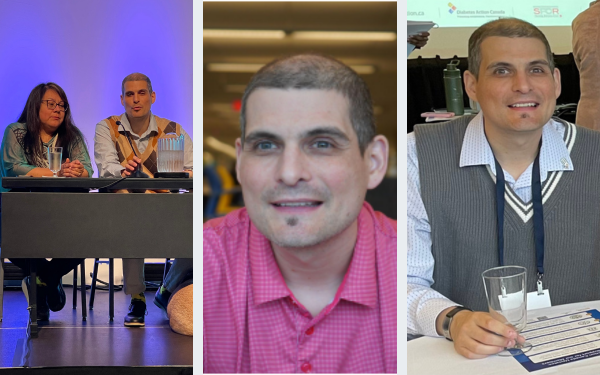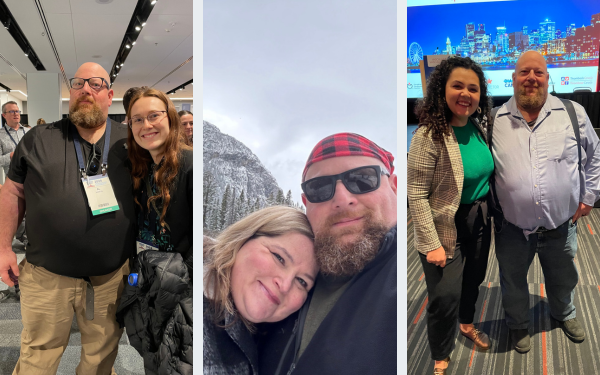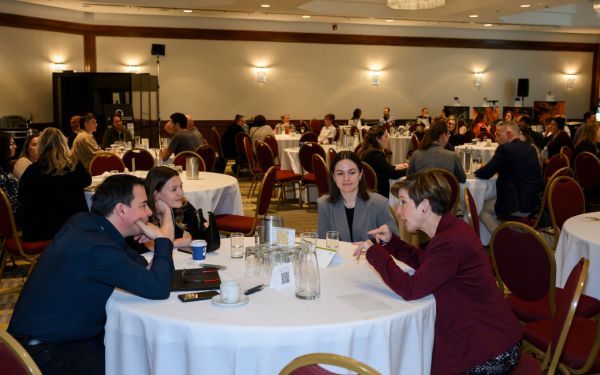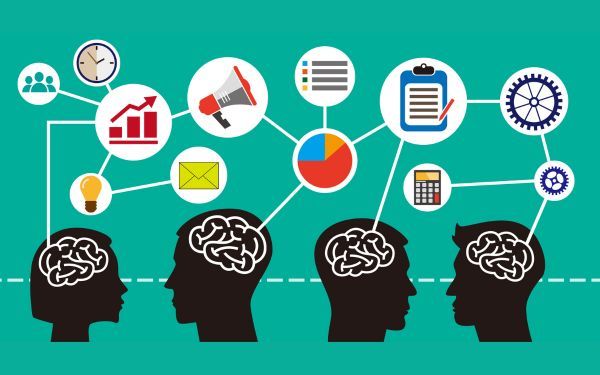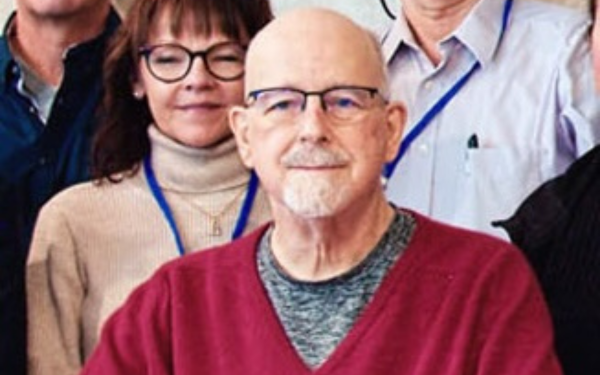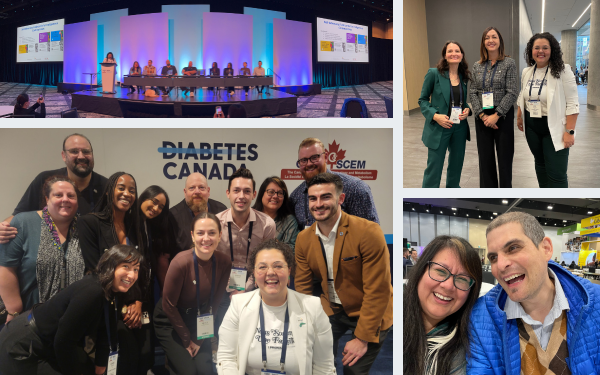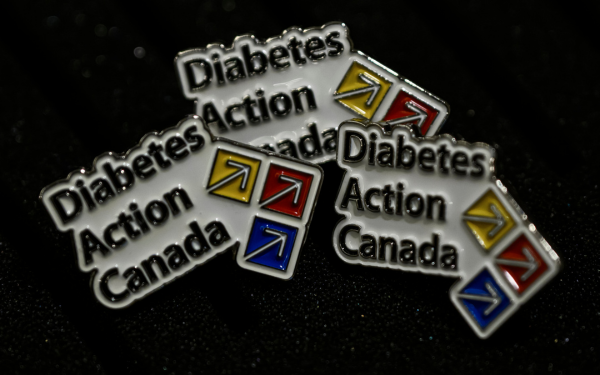From Rain to Realizations: A Fellow’s Journey at the Diabetes Canada Conference
One of the most memorable things about this year’s Diabetes Canada Conference didn’t really have much to do with the conference itself—it was the weather. It rained every single day, but that didn’t stop the DAC Fellows from forging new friendships, presenting innovative ideas for the diabetes community, and having just a little sugar and fun!
This was my third time attending the Diabetes Canada Conference, and it never fails to be a fantastic networking and learning opportunity. This year was even more special because of our presentation showcasing materials created as part of the Diabetes Action Canada Fellowship.
Going into the presentation, I knew that my cohort of eight Fellows was the very first to take part in this groundbreaking fellowship. What I didn’t know, however, was how few presentations at the conference actually featured people with lived experience. Hearing the passion and dedication of my fellow Fellows as they answered questions about their projects was nothing short of spectacular. Their work will provide so much value to the diabetes community, and learning from them has been incredibly impactful.
Sometimes it was as simple as, “How did I not think of that?” Other times, it was more profound: “I’ve lived with diabetes for 31 years—how did I not know this?”
Throughout the conference, there were countless opportunities to attend impactful sessions. What stood out to me most was the high volume of Indigenous-focused sessions. These were incredibly informative, and I hope they will continue at future conferences. The Indigenous community is an important and often underrepresented part of the broader diabetes community, and these learnings are essential.
The long days, engaging sessions, and the hustle of navigating through vendor alley all reminded me of one unifying truth: we are a community. When you break down the thousands of conversations happening at the Halifax Convention Centre, we all want the same things. We want to reduce the stigma surrounding diabetes, explore technology and tools to better manage it, and understand how this chronic illness impacts all aspects of life.
A heartfelt thank you to Diabetes Action Canada and my fellow Fellows for an absolutely incredible presentation and conference experience. Thank you to the delegates who shared their time and conversations with me, and to Diabetes Canada and their presenters, who made the sessions come to life.
About the Author:
Ryan Hooey is a passionate advocate for accessibility and a person living with type 1 diabetes (T1D) for over 30 years. As part of the Keeseekoowenin First Nation, Ryan is dedicated to improving equitable access to medication, technology, and care for people with diabetes. He is the Manager, Major Gifts at CNIB, a Patient Partner with Diabetes Action Canada’s Diabetic Retinopathy Screening program, and a Catalyst for Change Award recipient. Ryan also hosts the AMI Book Review segment on Accessible Media Inc., where he highlights audiobooks and interviews authors.
About the Fellowship:
The Diabetes Action Canada (DAC) Research to Action Fellowship is a pioneering programme that equips individuals with lived or loved experience of diabetes to bridge the gap between research and real-world application. Fellows collaborate with researchers, patient partners, and community members to co-create culturally relevant tools and solutions that improve diabetes awareness and care. This initiative reflects DAC’s commitment to amplifying patient voices and fostering equity in diabetes research and practice.
